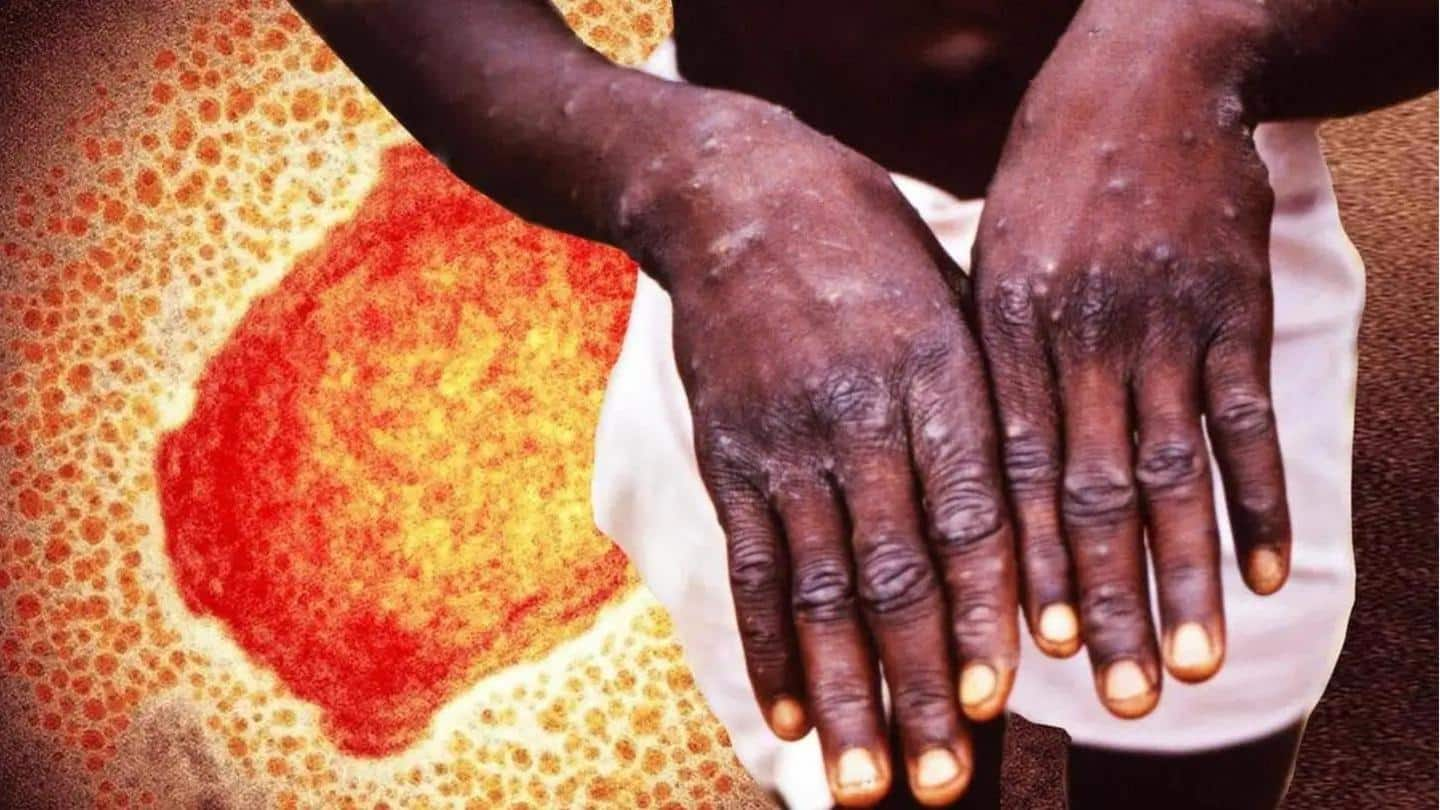
WHO confirms over 1,000 monkeypox cases in 29 countries
What's the story
Amid surging monkeypox infections across the globe, the World Health Organization (WHO) on Wednesday said that there are more than 1,000 confirmed cases in 29 countries. The WHO added that the risk of monkeypox becoming established in non-endemic nations is "real." In a press conference, WHO director-general Tedros Adhanom Ghebreyesus urged the affected countries to identify all cases and contacts to control the outbreak.
Context
Why does this story matter?
The WHO classifies non-endemic countries as those which are reporting chains of transmission for the first time without any known epidemiological links. Recently, the Indian government issued guidelines stressing surveillance and rapid identification were key to curbing the outbreak of the infection. Even though India hasn't reported any monkeypox cases yet, the ministry has acted proactively to ensure advance preparedness across the country.
No deaths yet
Spread of monkeypox in non-endemic countries is real: WHO chief
Speaking about the spread of monkeypox in non-endemic countries being 'real,' Ghebreyesus emphasized that no death had been reported yet, however, prevention was important. The WHO chief added, "There are antivirals and vaccines approved for monkeypox but these are in limited supply." He further said that the WHO is working on developing a coordination mechanism based on public health needs.
WHO chief says
'Virus has been living and killing in Africa for decades'
Highlighting how people in Africa have been living with the monkeypox virus for decades now, Ghebreyesus said that the world has taken notice now as it "has started affecting the high-income countries." "The communities living with the threat of the virus every day deserve the same concern, care, and tools to protect themselves," the WHO chief said in his concluding statement.
Report
'Eradication of smallpox one major reason for monkeypox spread'
According to a National Geographic report, the eradication of smallpox is one of the major reasons for the spread of monkeypox. Researchers claim the smallpox vaccine provides nearly 85% protection against monkeypox. However, many of us have not been administered the smallpox vaccine after its eradication in 1980. Unvaccinated people are more at risk of catching the infection than vaccinated ones, a study mentions.
Reasons
Monkeypox virus is mutating: Study
According to a Nature.com report, indiscriminate cutting of trees is bringing wild animals closer to humans leading the virus to jump species. A 2014 study mentioned that a version of the Congo Basin monkeypox virus is mutating. Additionally, since the virus has been reported among gay patients, there is a stigma around the disease, preventing people to comply with contact-tracing efforts.
WHO says
What exactly is monkeypox?
Mostly transmitted to humans from animals, monkeypox is a viral zoonotic disease. Most cases of the monkeypox infection are found in West and Central Africa. According to the WHO, the monkeypox virus is similar to human smallpox. Although monkeypox is said to be much milder than smallpox, with a mortality rate of up to 10%, it can be fatal in rare cases.
History
First human case of monkeypox identified in 1970
The first case of human monkeypox was identified in 1970 in Congo (formerly Zaire) in a nine-year-old boy, two years after smallpox had been eradicated from the region. Since then, most cases have been reported from rainforest regions of the Congo Basin where it is considered endemic. However, in 2017, 40 years after its last confirmed case, Nigeria witnessed the biggest outbreak to date.
Symptoms
What are the symptoms of monkeypox?
According to the WHO, the incubation period for monkeypox is usually 7−14 days but can range between 5−21 days, too. Following this, fever, rash, severe headache, backache, muscle aches (myalgia), intense asthenia (lack of energy), and swollen lymph nodes kick in. Apart from the face, rashes affect the palms of the hands, soles of the feet, oral mucous membranes, genitalia, conjunctivae, and cornea.